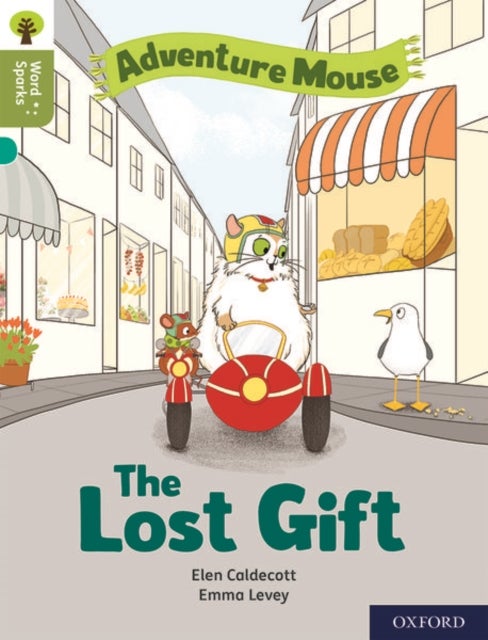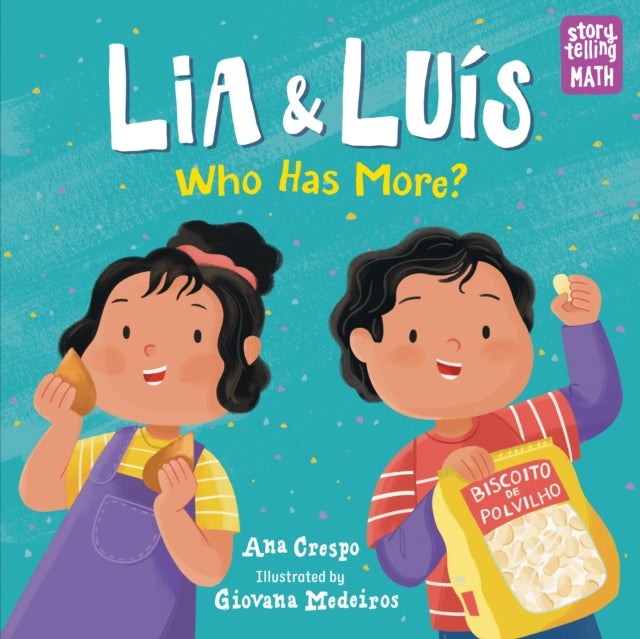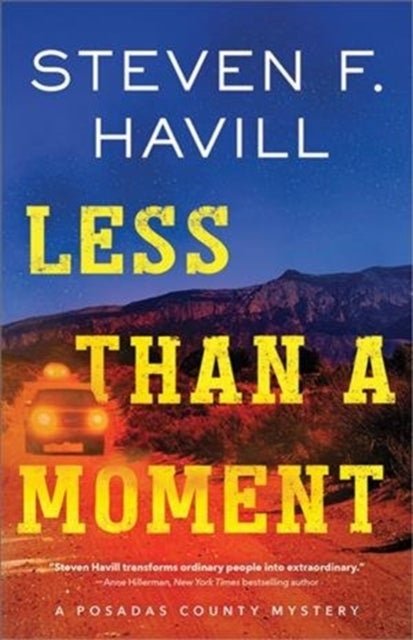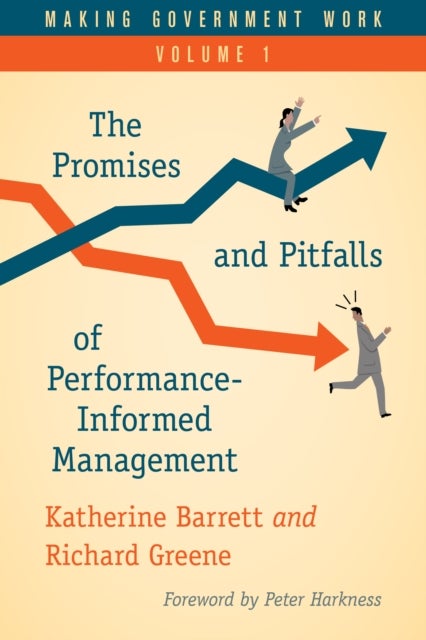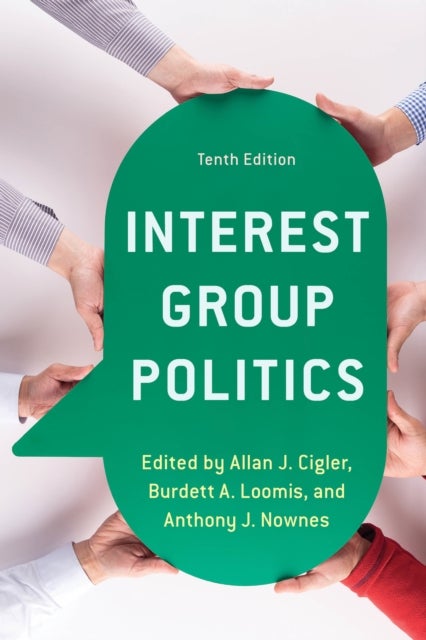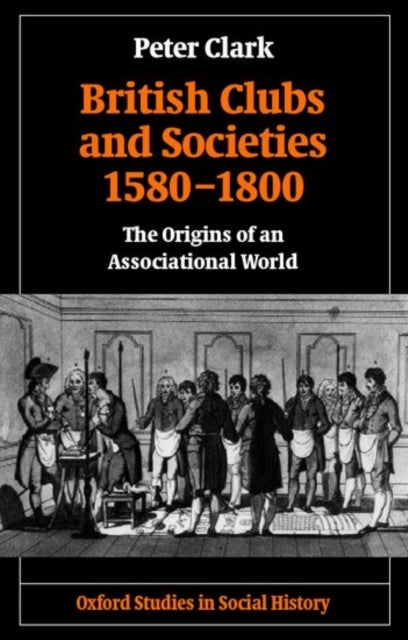
British Clubs and Societies 1580-1800 av Peter ( Professor of European Urban HistoryUniversity of Helsinki) Clark
1369,-
Modern freemasonry was invented in London about 1717, but was only one of a surge of British associations in the early modern era which had originated before the English Revolution. By 1800, thousands of clubs and societies had swept the country. Recruiting widely from the urban affluent classes, mainly amongst men, they traditionally involved heavy drinking, feasting, singing, and gambling. They ranged from political, religious, and scientific societies, artisticand literary clubs, to sporting societies, bee-keeping and bird-fancying clubs, and a myriad of other associations.Providing the first account of the rise of this most powerful and distinctive British social institution up to 1800, Peter Clark maps its penetration of the English-speaking world as it came to be exported to the Empire and across to North America. The wider economic, social, and political forces are discussed to show how they contributed to the development and growth of these clubs and societies, leading them to

